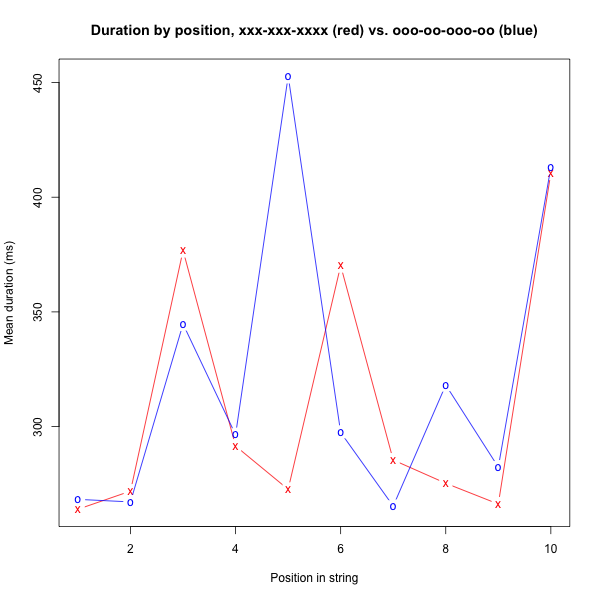Vocal fry probably doesn't harm your career prospects
. . . but not being yourself just might.
There's been a lot of media interest recently in a new study of "vocal fry", sparked in part by an unusually detailed magazine article — Olga Khazan, "Vocal Fry May Hurt Women's Job Prospects", The Atlantic 5/29/2014. Other coverage: Gail Sullivan, "Study: Women with creaky voices — also known as ‘vocal fry’ — deemed less hireable", Washington Post 6/2/2014; "Is vocal fry hurting women's job prospects?", NPR Marketplace 6/5/2014; Maya Rhodan, "3 Speech Habits That Are Worse Than Vocal Fry in Job Interviews", Time Magazine 6/4/2014; and so on.
The original study is Rindy C. Anderson et al., "Vocal Fry May Undermine the Success of Young Women in the Labor Market", PLOSOne 5/28/2014. Below is a guest post by Christian DiCanio, offering a more skeptical take.
Read the rest of this entry »
